- Seven civilians, including infant, killed in junta airstrikes on Kyauktaw and Mrauk-U
- The Mizoram Hard Journey (or) Sailing Up the Kaladan
- Arakan Army expands operations into Sagaing Region, seizes four junta camps
- ULA purchases paddy from farmers amid market shortage in Arakan State
- After Arakan fighting, Taungup residents struggle to rebuild homes
Myanmar people struggle with soaring prices and shortages of daily necessities, ISP-Myanmar report says
A report released by the Institute for Strategy and Policy - Myanmar (ISP-Myanmar) on Friday warns that Myanmar people are suffering from shortages of daily necessities and rising prices as trade routes remain blocked amid ongoing military conflicts.
14 Nov 2025
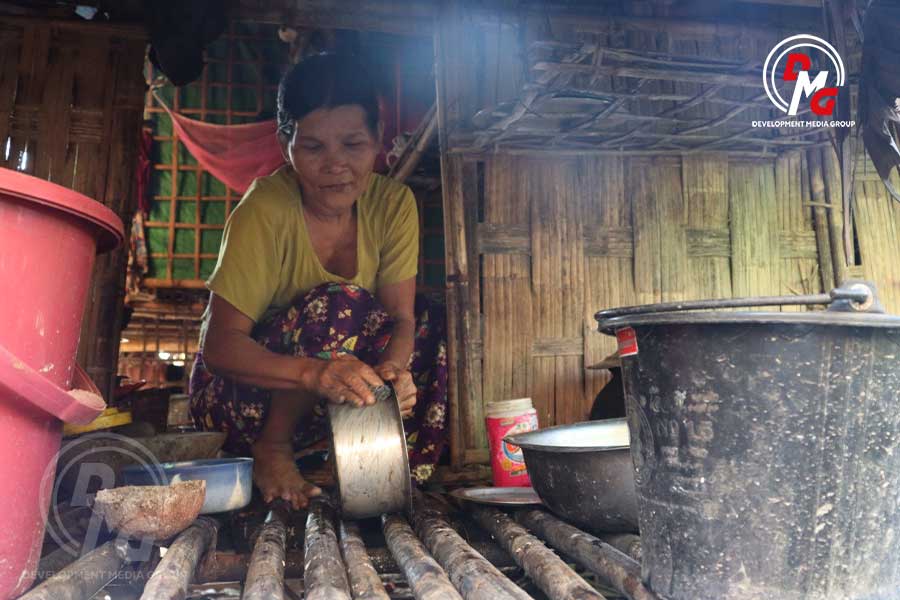
DMG Newsroom
14 November 2025, Mrauk-U
A report released by the Institute for Strategy and Policy - Myanmar (ISP-Myanmar) on Friday warns that Myanmar people are suffering from shortages of daily necessities and rising prices as trade routes remain blocked amid ongoing military conflicts.
The ISP-Myanmar report shows that most people faced shortages of imported goods due to trade route blockades lasting 60 days before 23 September 2025.
According to the survey, 863 out of 1,015 respondents (85%) reported shortages, with daily consumer goods most affected. Basic medicines were the second most scarce commodity, followed by groceries, food, and personal care items.
The report indicates that 66% (674 people) experienced shortages of daily necessities, while 61% (629 people) faced shortages of basic medicines.
A woman in Tamwe Township, Yangon Region, said, "In the past, I could manage my monthly expenses with my small salary and save money for extra months. Now, my salary is no longer enough for food and living expenses. I have to find other jobs that do not require much time and save money to make ends meet."
Alongside shortages, the market is experiencing significant price increases. The survey found that 48% (486 respondents) reported land prices rising one-and-a-half times, while 40% reported prices doubling, 7% tripling, and 22% quadrupling.
Overall, 92% of 938 households were affected by shortages and rising prices, while only 7% (77 households) reported no impact.
A woman in Myebon, Arakan State, described her daily struggle: "The cost of food alone per day is at least K25,000. Even that doesn't include rice, oil, salt, and kitchen utensils. The monthly cost reaches hundreds of thousands of kyats. We can't eat meat and fish every day. We also have to save for other expenses, such as funerals. Our income is more than our outgoings."
The report highlights that after the military coup in Myanmar, the country's economy collapsed. Inflation, job shortages, and rising prices have severely affected the daily lives of the people.




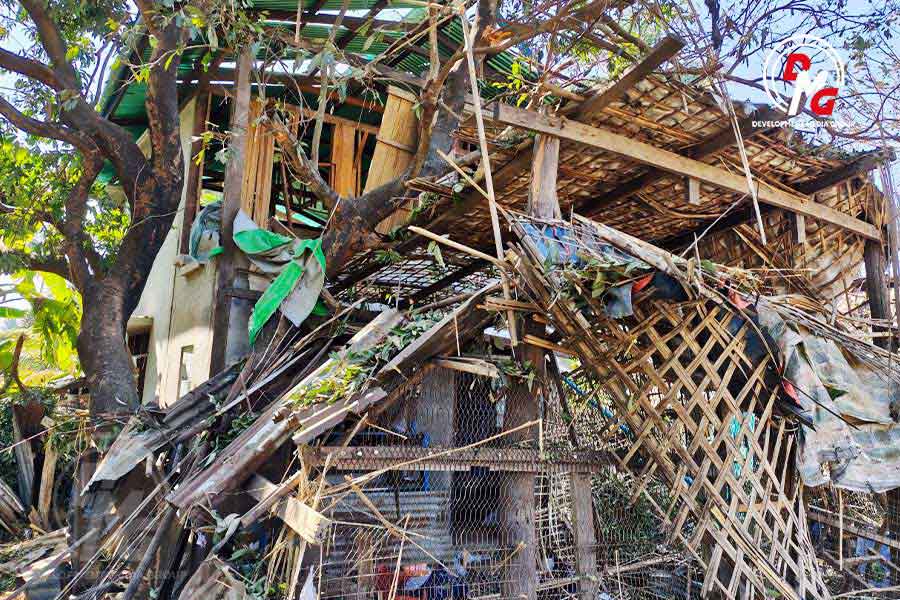
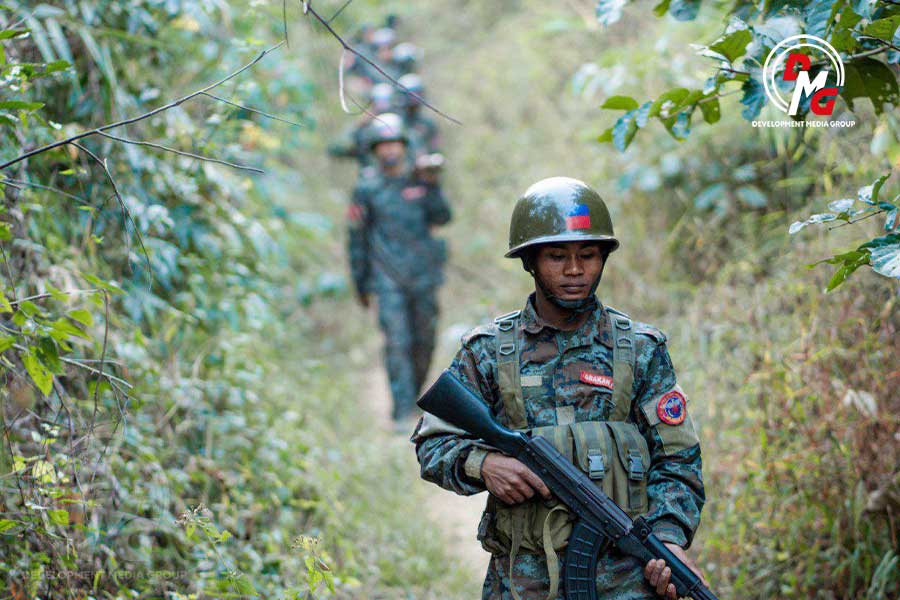
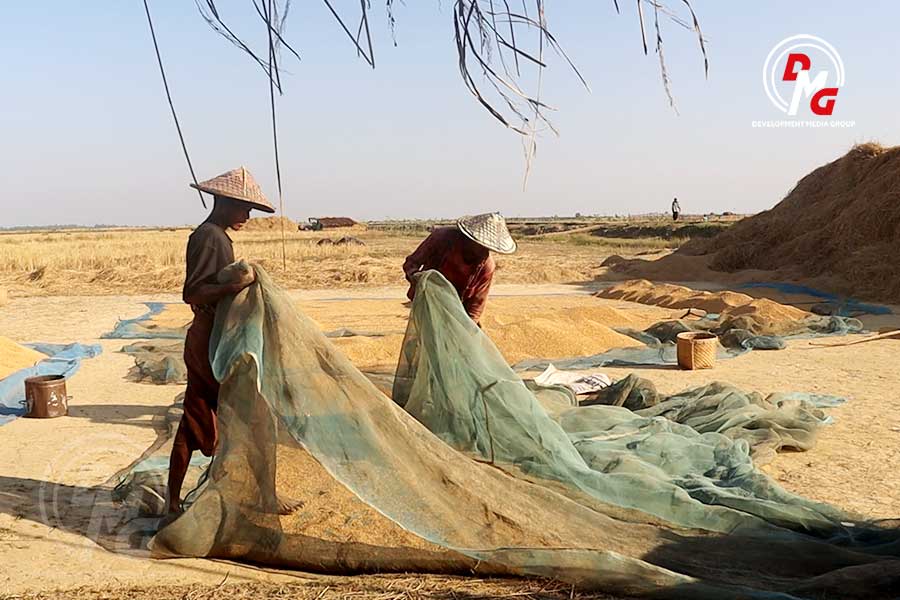
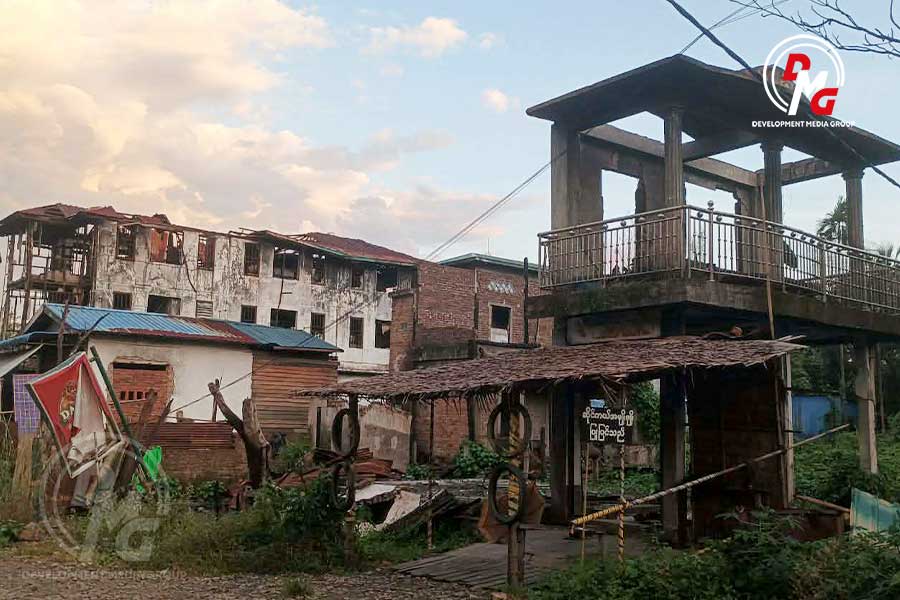
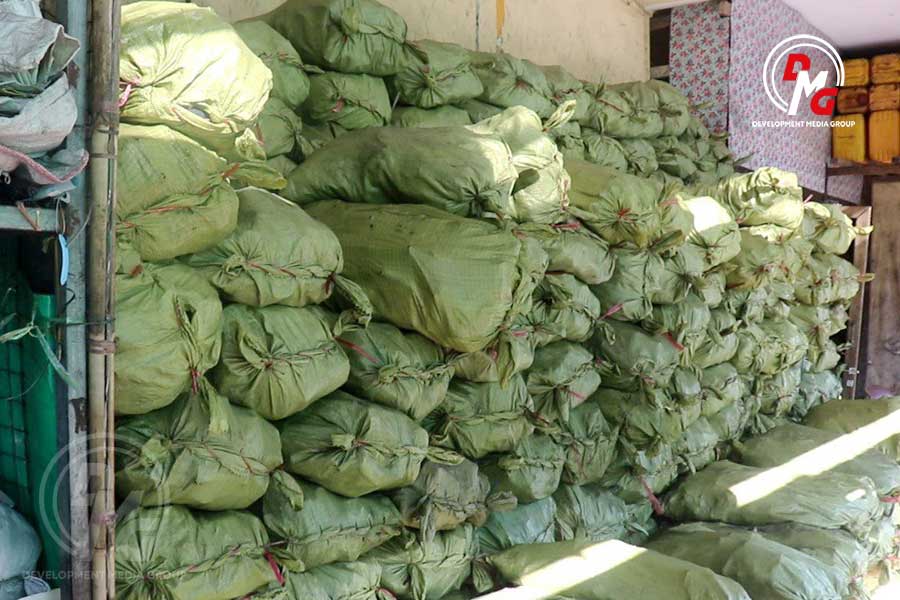







.jpg)
